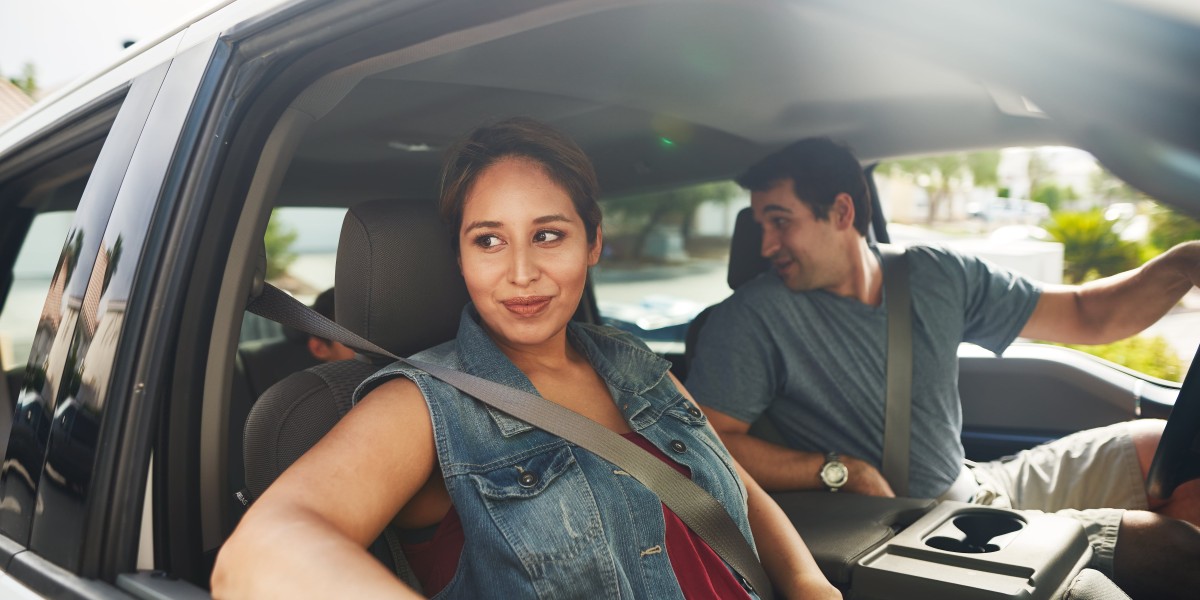
Understanding the UK Driver's Licence: A Comprehensive Guide
Getting a driver's licence in the United Kingdom is a significant milestone for many individuals. It not only signifies independence however also provides greater liberty in personal and professional aspects of life. This post intends to provide a comprehensive overview of the UK driver's licence, including how to apply, different types of licences, and different regulations related to driving in the UK.
Overview of the UK Driver's Licence
In the UK, a driver's licence is a main file that permits a specific to run automobile on public roadways. The driving licence system in the UK is structured and managed by the Driver and Vehicle Licensing Agency (DVLA).
Types of UK Driver's Licences
The UK offers a number of kinds of driving licences, each tailored for different classifications of cars. These consist of:
Provisional Licence:
- Age Requirement: Minimum of 17 years
- Allows students to drive under certain conditions.
- Can not drive without a certified driver accompanying them.
Full Licence:
- Issued once a person has passed both the theory and practical driving tests.
- Different categories readily available based on vehicle types:
- Category B: Cars
- Classification A: Motorcycles
- Category C: Large items automobiles
- Category D: Buses
International Driving Permit (IDP):
- Required for driving in some foreign countries.
- Issued to UK licence holders at Post Office branches.
Short-term Licences:
- For individuals who might have lost their licence or are awaiting updates on their present licence.
The Application Process for a UK Driver's Licence
Obtaining a driver's licence in the UK includes numerous actions, whether for a provisionary or full licence. Here are the essential actions in information:
Step 1: Obtain a Provisional Licence
- Eligibility: Individuals must be at least 17 years of ages to apply.
- Application: Applications can be made online through the DVLA site or through paper kinds available at post workplaces.
- Files Required:
- Proof of identity (passport or another main ID).
- National Insurance number (if available).
- A postal address in Great Britain.
Step 2: Study for the Theory Test
- Material: The theory test includes multiple-choice concerns and a risk perception test.
- Preparation: Various resources are available, including online courses, apps, and books that help in preparation.
Action 3: Pass the Theory Test
- The theory test should be cleared before trying the useful driving test.
Step 4: Practical Driving Test
- Learning and Instruction: An individual can take driving lessons with a licensed trainer or find out with an approved accompanying driver.
- Booking the Test: Once positive in driving abilities, prospects can schedule their dry run online.
- Test Components: The dry run evaluates driving skills, maneuvers, and real-world driving conditions.
Step 5: Receiving the Full Licence
- After effectively passing the practical driving test, the DVLA will release a complete driving licence, which allows people to drive separately.
Rules and Regulations
Keeping a legitimate driving licence in the UK needs adherence to several rules and guidelines:
- Renewal: Licences need to be renewed every 10 years. Renewal can be done online or through paper application.
- Points System: The UK uses a charge points system. Particular traffic offences result in points being included to a driver's licence, which can result in extreme repercussions if the build-up surpasses a specific limitation.
- Medical Conditions: Drivers must notify the DVLA of any medical condition that might affect their capability to drive.
Common Challenges in Obtaining a Licence
Obtaining a driver's licence can in some cases be challenging. Here are some typical obstacles dealt with by aiming drivers and suggestions on how to tackle them:
- Nervousness During Tests: Many prospects experience anxiety throughout their theory or practical tests. It is advisable to take mock tests or take part in session to construct self-confidence.
- Failure to Pass Tests: If a specific fails their tests, they can retake them after a certain waiting duration. Preparing with additional driving lessons or research study products can assist in subsequent efforts.
- Understanding Rules: The complexities of roadway rules and policies may be overwhelming. Enrolling in a trustworthy driving school can supply clarity and insight into these guidelines.
FAQ Section
1. The length of time does it take to get a driving licence in the UK?The timeline differs based on the individual's knowing rate. On average, achieving a full licence can take a few months, consisting of finding out time and the waiting duration for tests. 2. Can I drive while awaiting my full
licence?You can drive with your provisionary licence if accompanied by a qualified driver who is at least 21 years of ages and has actually held a complete licence for three or more years. 3. What do I do if I lose my driving licence?You can get a replacementlicence through the DVLA site or through post, supplying essential identification and paying the required charge. 4. How much does it cost to get a driver's licence in the UK?Costs can vary considerably but normally consist of application charges , the theory test cost, useful test fees, and driving lessons. Overall, it might amount to countless pounds, depending on specific scenarios. 5. Exists a minimum variety of lessons I must take?There is no official minimum number of lessons mandated. Nevertheless, taking lessons until you feel confident is suggested. Acquiring a driver's licence in the UK is a gratifying process that opens the door to movement and freedom. By understanding the actions involved, the types of licences available, and the guidelines governing driving, potential drivers can browse the system successfully. Whether one is a student or a knowledgeable driver, remaining notified on the most recent guidelines and finest practices is vital to ensure safe and responsible driving within the UK.






